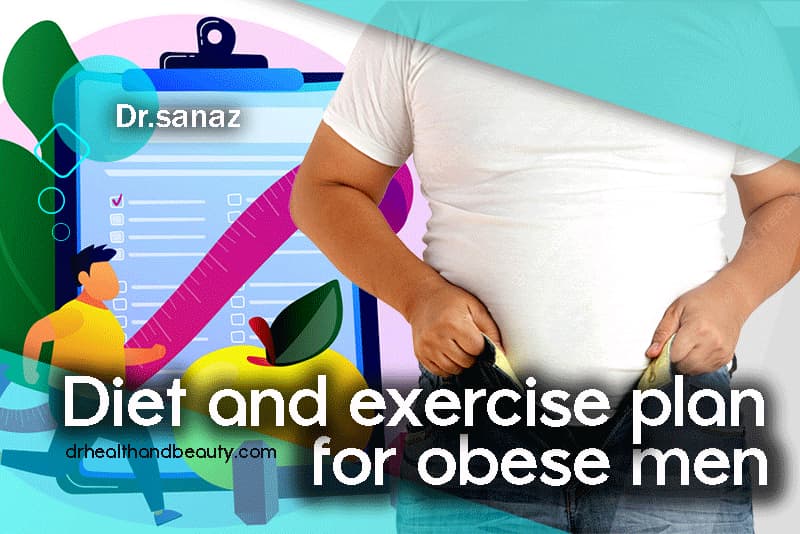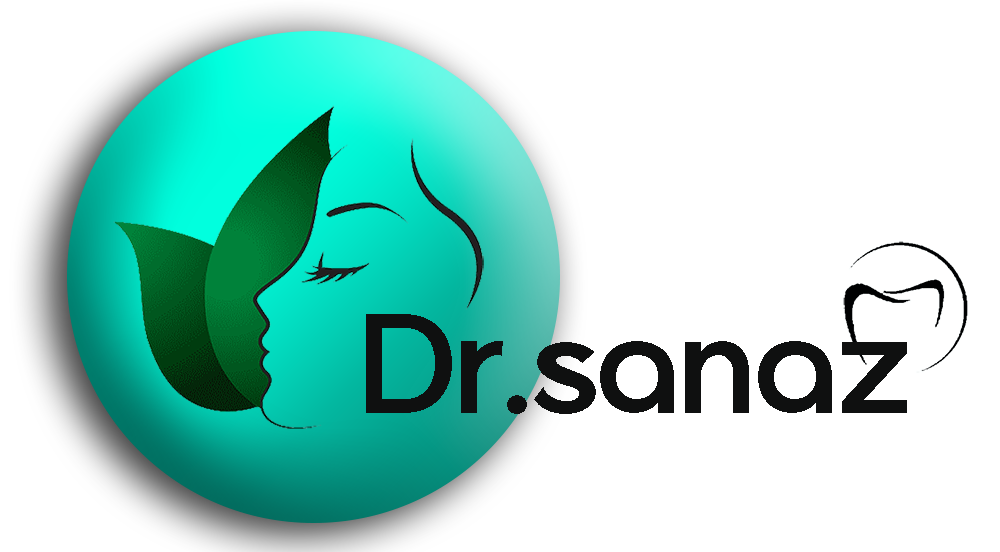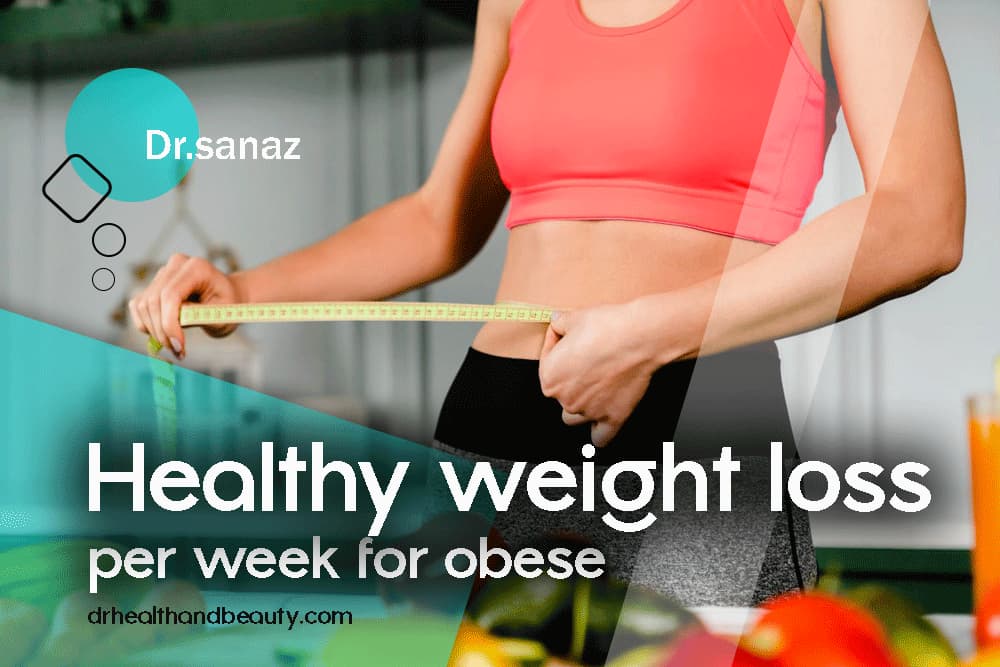
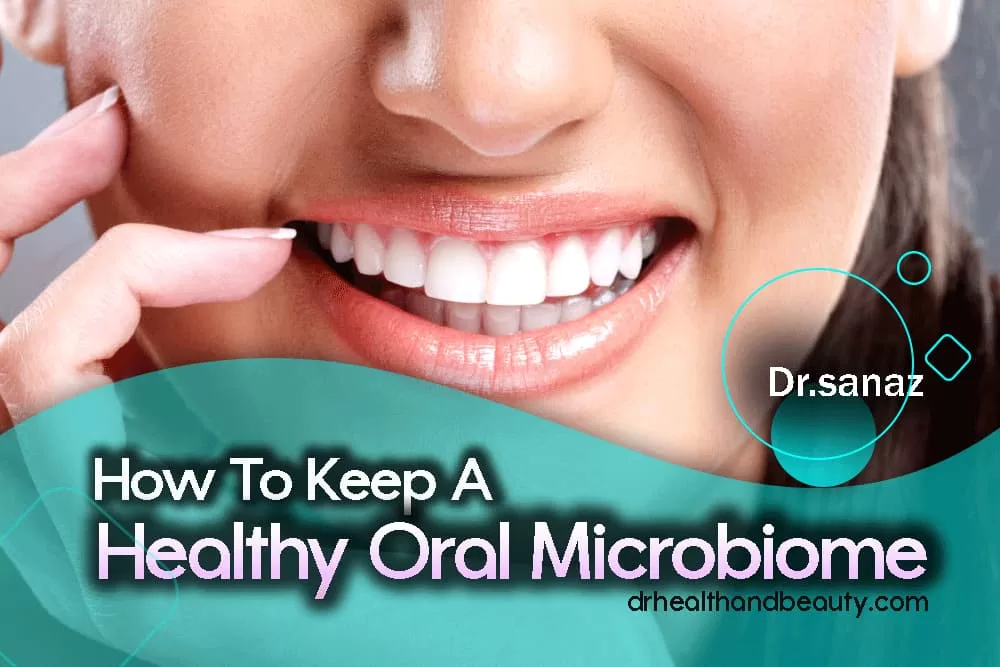
How To Keep Healthy Oral Microbiome
The mouth is the main entrance of everything into the body. Sometimes what happens in the oral microbiome indicates something happening elsewhere in the body. It is believed that, on average, between 300 and 700 different microbial species live in the human mouth. According to an article published in the Journal of Oral and Maxillofacial Pathology and dentistry, the oral microbiome is considered the second largest microbial area in humans after the gut, called the “microbiome.”
Oral microbes play an essential role in digestion, metabolism, regulating blood pressure, and maintaining the structure of teeth.
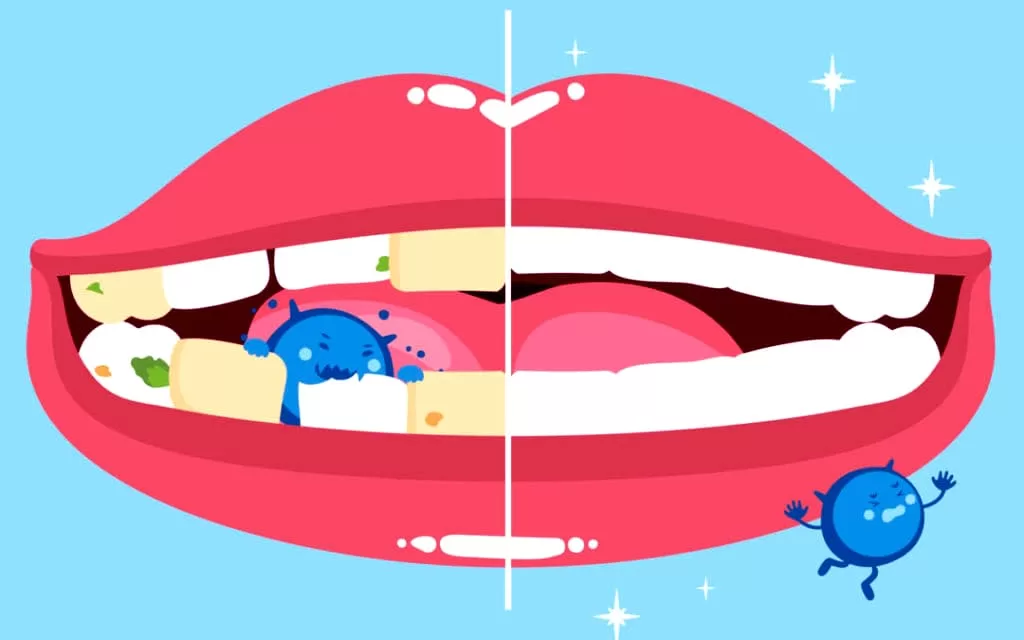
What is the oral microbiome, and what role does it play in oral health?
What exactly is the human oral microbiome? The oral microbiome refers to the hundreds of billions of microorganisms that live inside the mouth. Most of these microorganisms are good and bad bacteria, and some are yeasts, viruses, and fungi. Examples of microbes that live in the mouth include Streptococcus and Corynebacterium species.
As mentioned in the definition of the microbiome, the oral cavity has nine compartments inside the mouth:
- tongue
- mouth-watering
- Tonsils
- Plaque on the teeth
- gum
- mucous membrane
- throat
- saliva
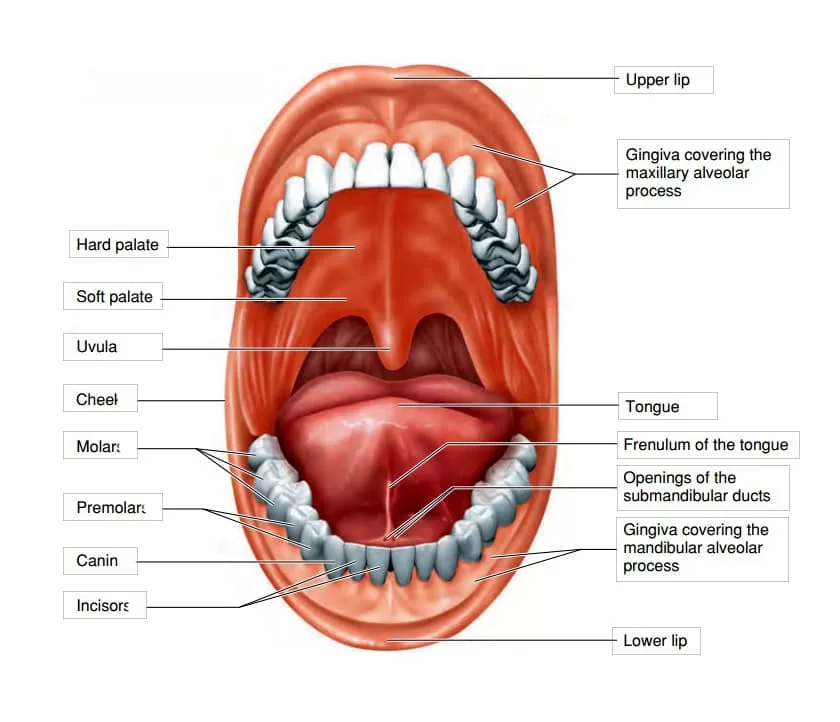
How can an imbalance in the oral microbiome contribute to developing oral diseases such as decay, periodontal disease, and thrush?
Together, the microbes in this section form an “ecosystem” that acts like the human gut. Each part of the mouth has a unique surface and has its microbes. For example, the tongue contains different samples of microbes from the gums or teeth because their surfaces provide a suitable place for different microbes to live. Dental plaque and the surface of the tongue are dense with microbes. They are considered the densest microbial habitats.
Microbiomes (communities of tiny organisms) exist everywhere in nature and play an essential role in human health and the maintenance of various ecosystems.
The Human Oral Microbiome Database lists the genomes of hundreds of bacterial species found in the human mouth. In every one’s mouth, some bacteria help with overall health, such as digestion, and others can help with problems like gum disease, infection, and even cancer.
Some of the positive roles that the microorganisms living in the oral microbiome have are:
- Carrying out digestive and metabolic processes that support natural metabolism. For example, some bacteria participate in nitrate metabolism, which helps support healthy blood pressure.
- Facilitating the process of breaking down food through saliva and converting nutrients from food into energy
- Transport of ionic minerals through oral saliva
- Support the restoration of teeth
- Oxygen transfer to the gums and soft tissues
- Fighting infections and protecting us from harmful environmental organisms
- Preventing oxidative stress and inflammation
- Removal of waste materials from the surface of the mouth

How do you know if there is an imbalance in the microbes in your mouth (also called dysbiosis)?
Symptoms and conditions associated with an unbalanced/unhealthy oral microbiome can include:
- Increased plaque on the teeth, sticky and bad breath
- Bad breath
- Bleeding gums
- Sensitive teeth to cold or hot
- Mouth ulcers
- Oral thrush or candidiasis is a fungal disease in which the Candida fungus (usually C. albicans) overgrows.
- Gum disease (periodontitis)
- Cavity and tooth decay (decay)
- Root infections (root canal) and alveolar arthritis
- Tonsillitis
- Respiratory infections
- Heart disease and stroke
- Certain types of cancer
Can the composition of the oral microbiome be used as a diagnostic tool for oral diseases?
Many people think that some harmful bacteria cause tooth decay. However, it is now clear that the causes of tooth decay are cavities and gum disease, such as gingivitis, which is related to an imbalance in the oral microbiome rather than the bacteria themselves.
In other words, some pathogenic bacteria do not cause a problem for someone with a healthy microbiome. Yet, they can cause disease in others who lack healthy bacteria to counteract the effects of pathogens.
Experts now believe that when the microbiome shifts from mostly aerobic bacteria to anaerobic bacteria (such as Streptococcus mutants and Porphymonas gingival), it creates a hypertrophic biofilm inside the mouth that causes tooth erosion and gum disease.
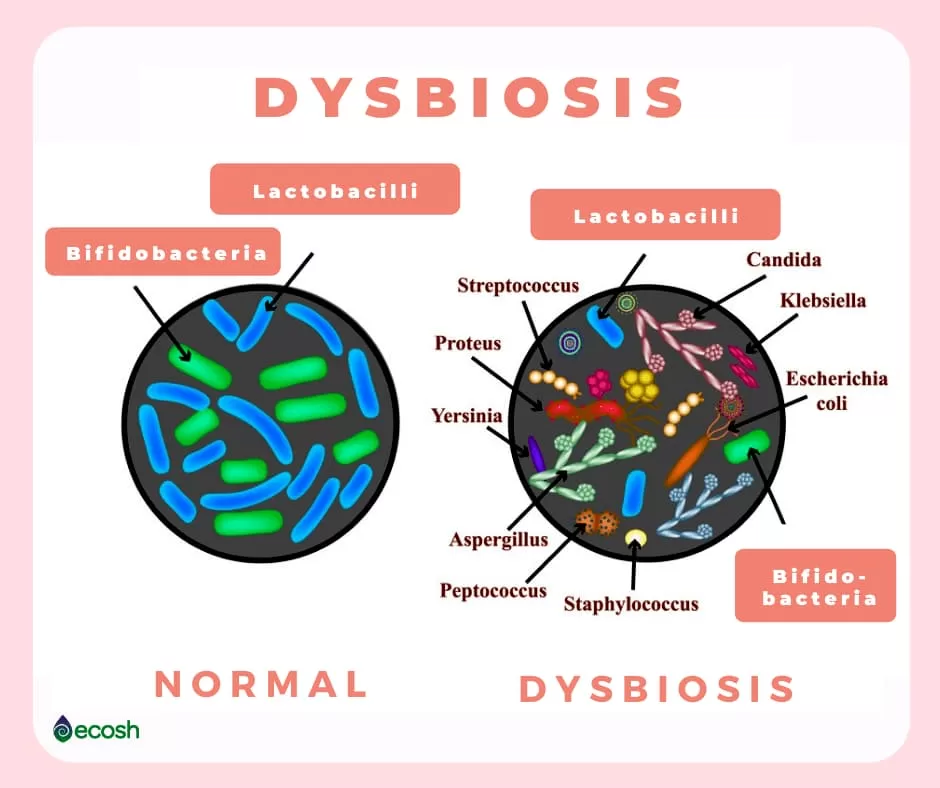
image reference: “ecosh.com“
How do antibiotics affect the balance of the oral microbiome, and what are the potential risks associated with their use in treating dental infections?
Researchers say these drugs indiscriminately target all bacteria, not just those that cause disease.
“Antibiotics may lead to inflammatory bowel disease by altering the microbiome,” said lead author Dr. Adam Fay of New York University.
To reduce the risk of inflammatory bowel disease, Faye recommends using antibiotics only when needed and not for viral illnesses such as colds, flu, or other respiratory and gastrointestinal illnesses.
“Overuse of antibiotics can alter the bacterial balance of the gut, known as the microbiome, with serious consequences,” .
How can probiotics (live bacteria or yeasts) in food or supplements influence the composition and function of the oral microbiome, and what role can they play in promoting oral health?
Probiotic supplements and foods can help your mouth maintain beneficial bacteria in the same way they support gut health. They prevent harmful bacteria from reaching tooth enamel or vulnerable tissues by creating a protective biofilm that supports healthy teeth and gums and reduces inflammation. They may also help alter the mouth’s pH to stop the progression of tooth decay and improve the quality of saliva to support tooth enamel renewal.
How to balance the oral microbiome?
What is the best oral probiotic to consume? Dentists believe oral microbiome probiotics are most effective when delivered directly into the mouth in milk or chewable form. Oral microbiome probiotic strains that are beneficial for oral health (must be taken for at least two to three months) include:
- Lactobacillus saliva
- Streptococcus salivarius K12 and M18
- L. acidophilus
- L. rhamnosus
- L. reuteri
- Bifidobacillus
Observe oral hygiene
While excessive oral cleaning can contribute to problems, “interdental cleaning that includes flossing, brushing with a natural toothpaste, and occasionally using a toothpick is thought to help balance the oral environment.” he does.
Some harsh products used in the mouth, such as toothpaste and mouthwash, can kill beneficial oral bacteria and contribute to microbiome dysfunction. Experts recommend avoiding products such as toothpaste and antiseptic mouthwashes containing alcohol, including products made with these questionable ingredients:
- Sodium Laureth Sulfate (SLS)
- Sodium fluoride
- Triclosan
- Artificial sweeteners (such as sodium saccharin, aspartame, xylitol, and erythritol)
- Synthetic dyes (often made from coal tar)
- Propylene glycol
- Diethanolamine (DEA)
- Microbeads (tiny particles and solid plastic)
Follow a nutritious diet.
Our diets are the primary way we absorb microorganisms from our environment. For example, eating plant foods such as vegetables and fruits provides the body with pollution, water and bacteria, and nutrients. Some foods promote the growth of beneficial bacteria, while others promote the growth of pathogens and non-beneficial bacteria. Foods that you should emphasize in your diet are alkaline foods and foods that have anti-inflammatory and antioxidant effects.

To support oral and dental health, you should regularly follow the following foods in your diet:
- Green leafy vegetables
- Berries, citrus fruits, and other fruits
- Cruciferous vegetables such as broccoli, kale, cauliflower, etc., plus fresh vegetables
- Organically raised meat, chicken, and eggs
- Wild fish
- Healthy fats such as olive oil, avocado, nuts, and seeds
- Seafood
- Probiotic and fermented foods such as yogurt, kefir, kombucha and sauerkraut
- Probiotic foods include onions, leeks, greens, garlic, artichokes, chicory roots, asparagus, apples, and flax seeds.
- Plenty of water, herbal teas, green/black tea, and moderate coffee
You should avoid excessive sugar and refined carbohydrate consumption, especially from sugary drinks and highly processed foods. Certain types of bacteria thrive in a high-sugar diet and play a role in tooth and gum-related diseases such as enamel erosion and tooth decay. A diet high in refined carbohydrates and sugar can also cause a shift in the oral microbiome from slightly alkaline to more acidic, making it more susceptible to infections and other issues.
Related “Tooth Infection Swelling“

General oral health care
There may not be a connection between lack of exercise, chronic stress, and oral health. However, we know that an unhealthy and stressful lifestyle can lead to decreased saliva, affecting various oral microbes.
Related: “Treatment Of Tooth Infection Swelling“
Conclusion
The human oral microbiome refers to the community of tiny microbes living in the human mouth, including teeth, tongue, gums, plaques, throat and gums.
Experts believe that different parts of the mouth have different bacterial communities, and how these communities interact is very important to our overall health.
To help maintain oral homeostasis, use mild/natural mouthwashes and floss, eat a healthy diet, and avoid excessive sugar intake. Increase consumption of probiotics, exercise, and control stress.
Share in :
Explore more

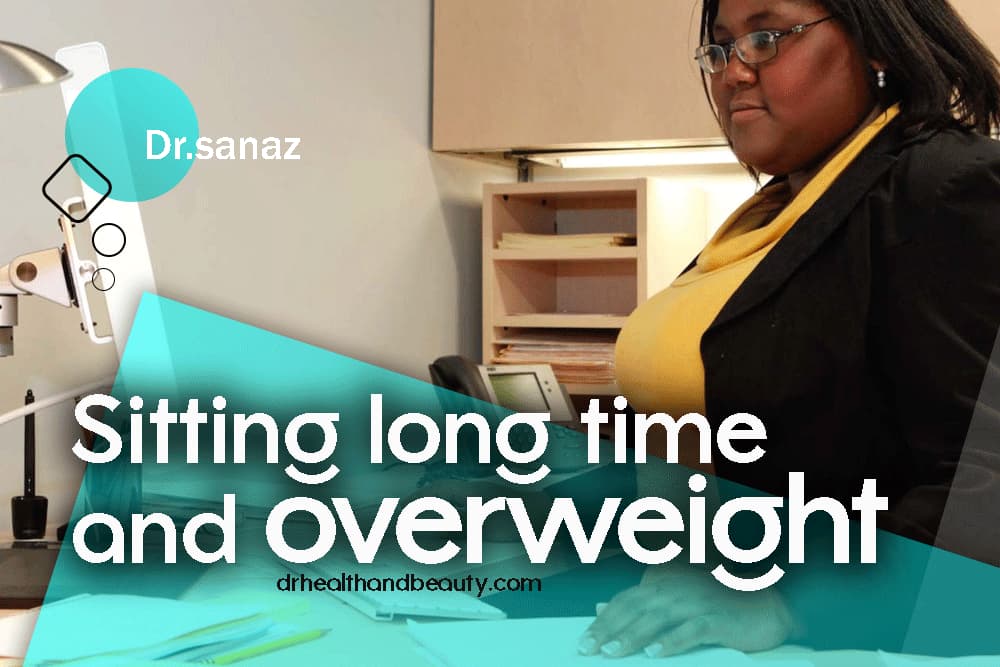
Sitting A Long Time And Being Overweight- Drhealthandbeauty
